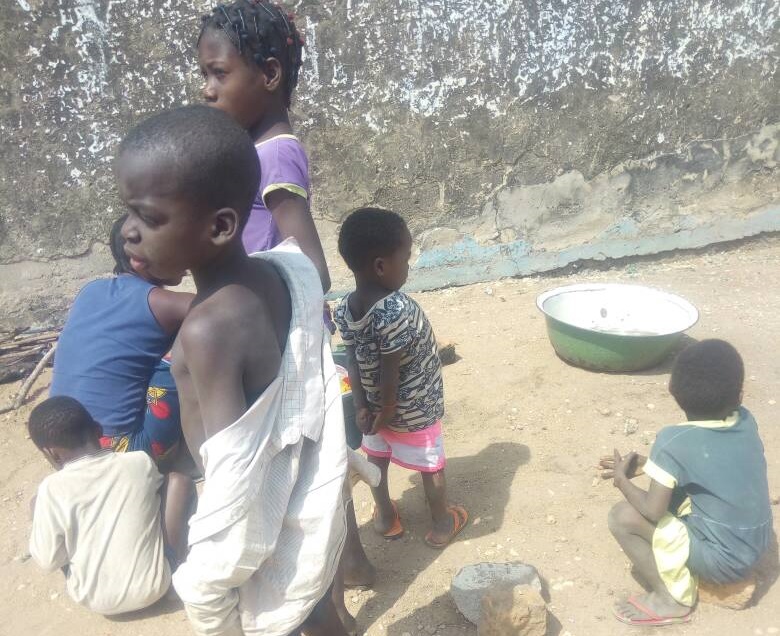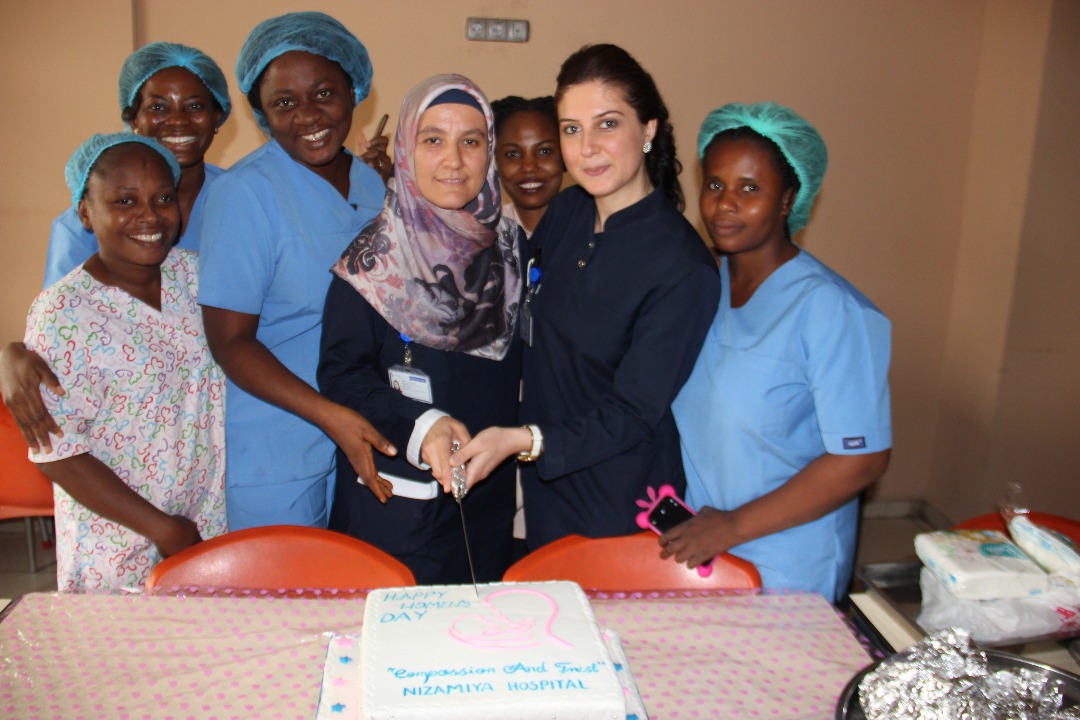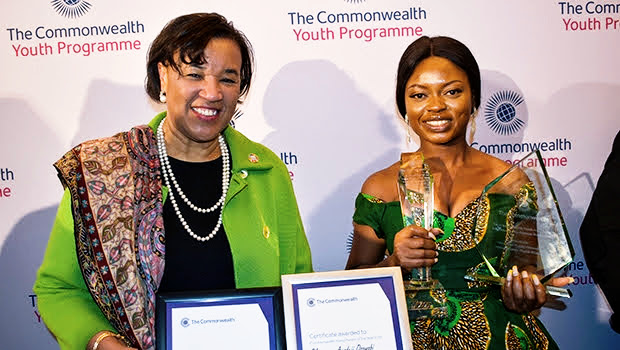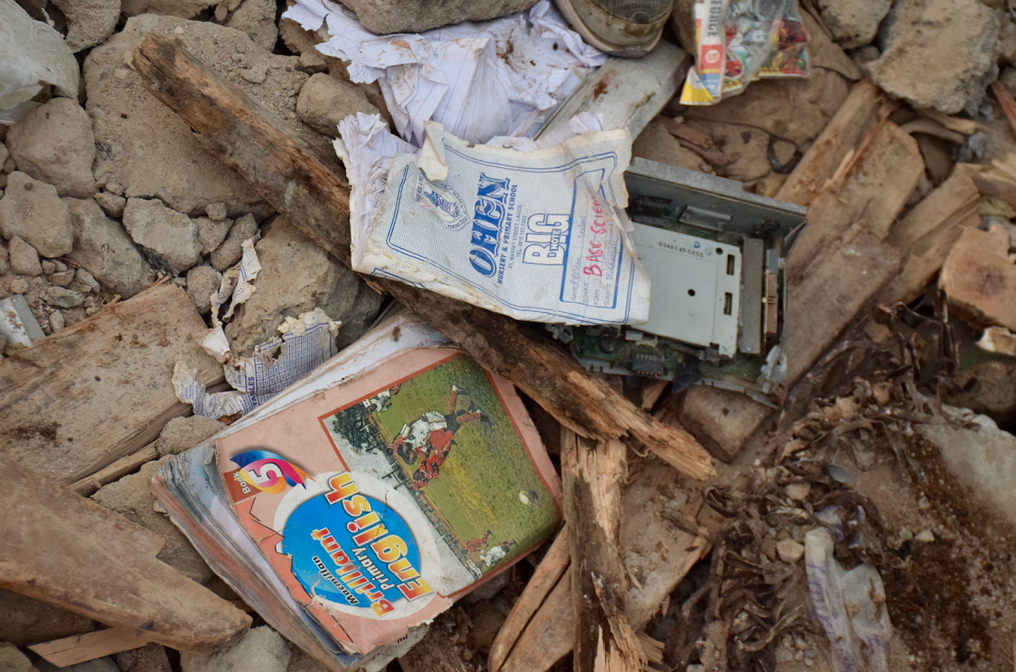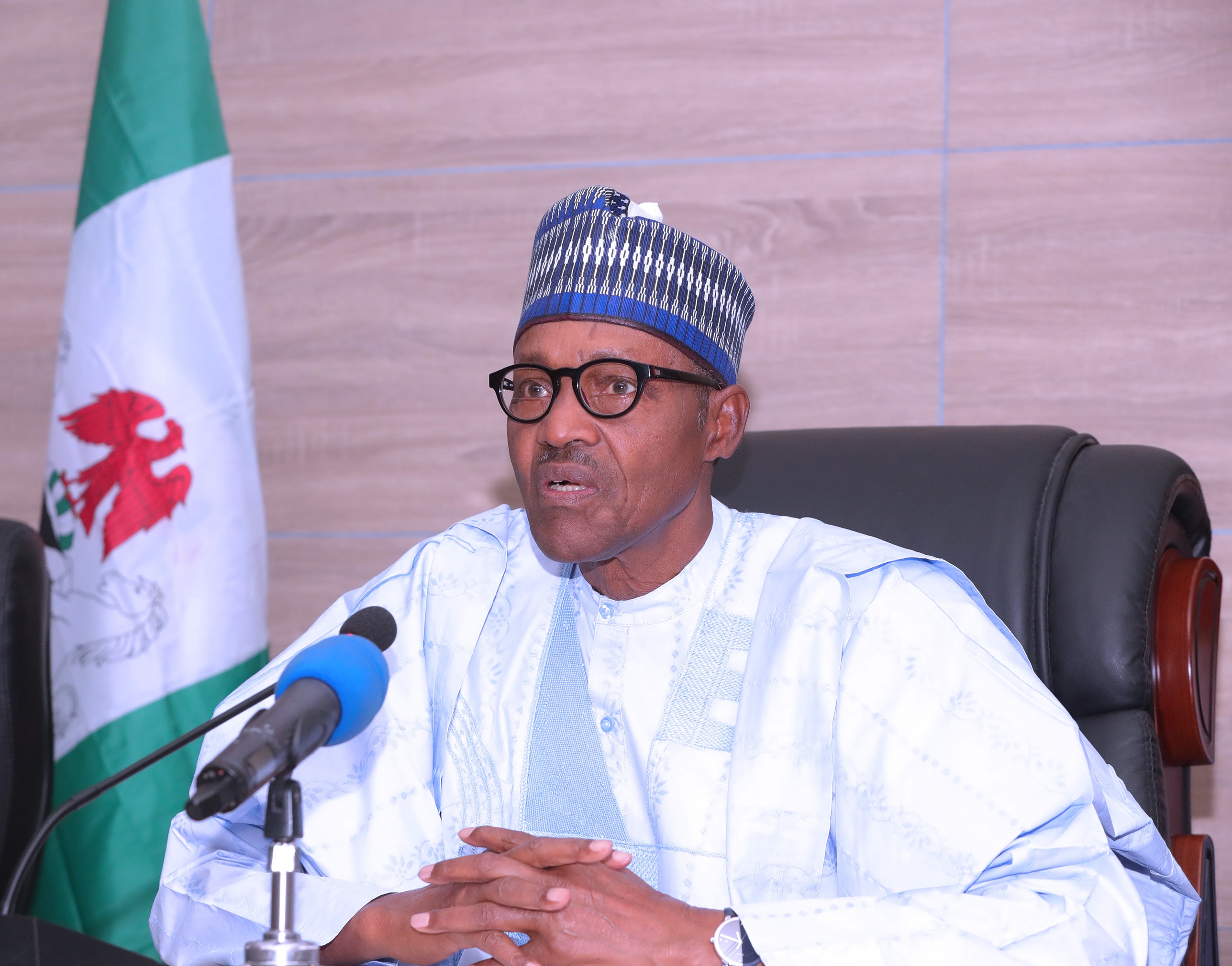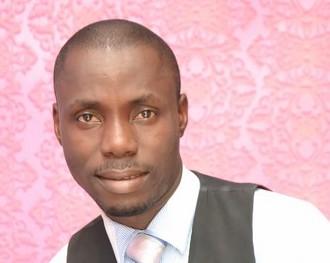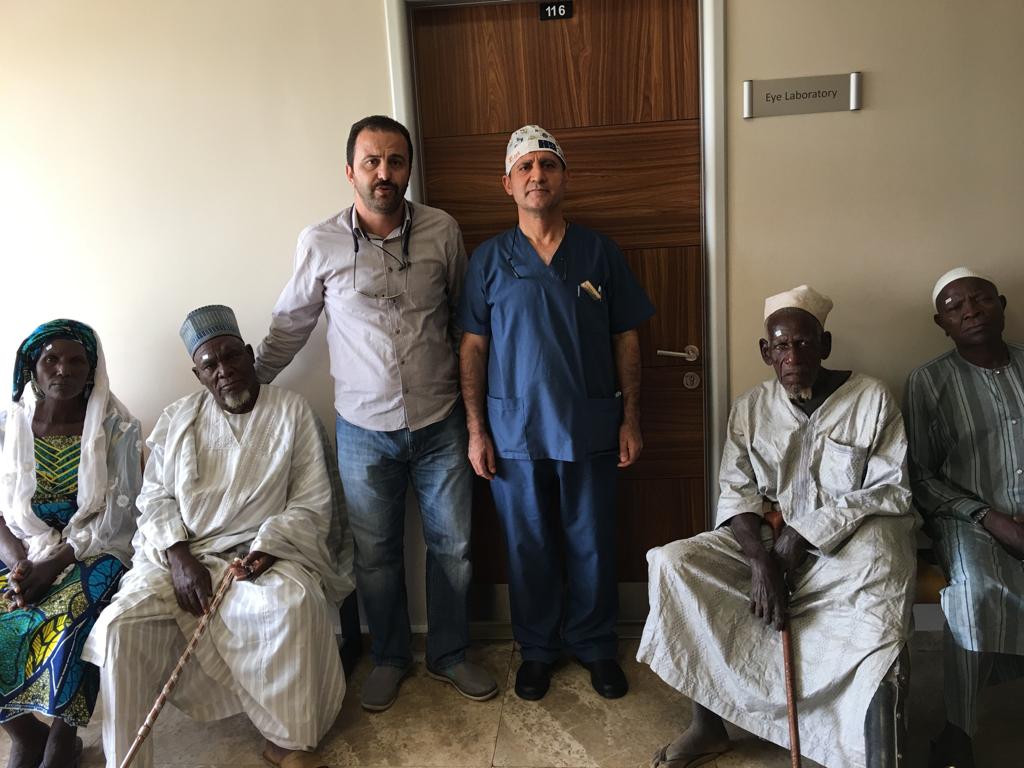The high economic cost of violence against children in Nigeria was revealed in a report launched jointly on Thursday by UNICEF and the federal government in Abuja.
The report, which was actualized by the ministry of budget and national planning and ministry of women affairs and social development, was unprecedented in development history of Nigeria.
According to the report, the economic impact of the violence against children in Nigeria is estimated to be about $6.1 billion, which is equivalent to about 1.07 percent of the country’s gross domestic product.
This financial loss is from the cumulative loss of earnings due to loss of productivity, stemming from suffering associated with different degrees of violence, over time.
Advertisement
“The cost of inaction is high when it comes to violence against children,” Ifeoma Anagbogu, permanent secretary of the ministry of women affairs and social development, said.
“Violence affects children’s health, education and productivity. It is clear that we need to eliminate any form of violence against children from moral and economic perspectives,” she also said.
The report revealed that about half of the Nigerian children surveyed experienced physical violence by parents, adult relatives, direct or indirect caregivers or community members before they reached 18.
Advertisement
“The findings of this study point to the strong need for increased funding of interventions by government to reduce violence against children in Nigeria,” Olajide Odewale, permanent secretary of the ministry of budget and national planning, also said.
TheCable learnt that the study may underestimate the economic burden of violence against children, as several serious consequences of such violence were not included due to a prevailing lack of data.
Evidence presented in the report, however, indicated urgent need to provide child protection services in Nigeria and prioritize elimination of violence against children that could ensure the country’s human capital possess the mental, physical, and emotional stability required to boost its social and economic development.
“This year marks the 30th anniversary of the Convention of the Rights of the Child, giving us an opportunity to join our collective efforts to protecting children from violence, abuse and neglect,” UNICEF’s Country Representative in Nigeria, Mohamed Malick Fall, further said.
Advertisement
“This includes a re-commitment to increase investment in child protection services,” he added.
The research on violence against children was led by the Nigerian government in collaboration with UNICEF and with funding from the US President’s Emergency Plan for AIDS Relief (PEPFAR) through USAID, the EU and Ministry of Foreign Affairs and International Cooperation.
Meanwhile, the German government donated €15 million to UNICEF Nigeria on February 28 to support the provision of quality and equitable basic education and strengthen the vulnerable communities in Adamawa and Yobe states.
The donation, which was made through the German Government’s Development BankKreditanstaltfürWiederaufbau (KfW), would enable UNICEF to support the Nigerian government to provide over a million conflict-affected children and adolescents with increased access to quality education in a safe and healthy learning environment while also provide 8,200 teachers with increased capacity to deliver quality learning at pre-primary and primary levels, in addition to supporting 500 school-based management committees to plan and maintain a safe and healthy learning environment in schools, with increased community participation.
Advertisement
“All children, regardless of their situation, must be supported to access all their basic rights.
Investing in education is perhaps the best investment any nation can make for its children,” said UNICEF’s Country Representative in Nigeria, Mohamed Malick Fall, said, as described the investment as timely.
Advertisement
The KfW contribution will also support UNICEF’s work to link humanitarian needs and long-term development opportunities in target conflict-affected communities in north-east Nigeria.
The German government is a long-standing partner of UNICEF Nigeria, having contributed over €21 million to the humanitarian and development response in Nigeria since 2016.
Advertisement
Add a comment

